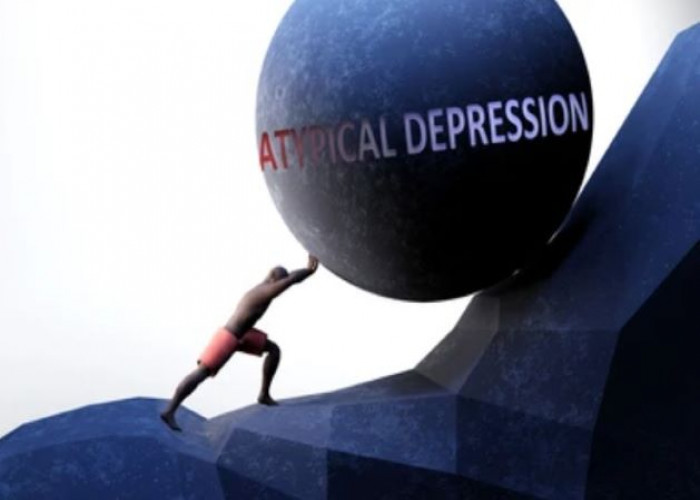 Welcome
Welcome
“May all be happy, may all be healed, may all be at peace and may no one ever suffer."
Atypical depression
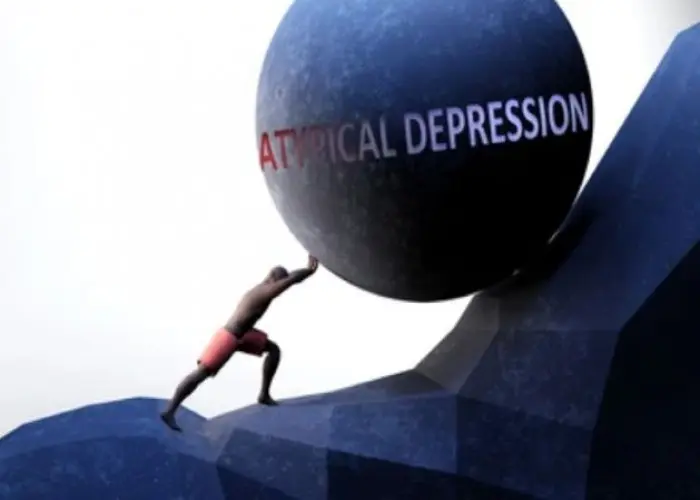
Atypical depression is a type of depression that is characterized by a number of unique symptoms. Unlike typical depression, people with atypical depression do not experience a consistent loss of interest in activities or a sad mood. Instead, they often have episodes of mood improvement in response to positive events.
Some of the common symptoms of atypical depression include:
- Increased appetite and weight gain
- Excessive sleepiness or sleeping more than usual
- Heavy feelings in arms and legs
- Feelings of being "lightheaded" or "jittery"
- Irritability
- Sensitivity to rejection or criticism
Atypical depression can be difficult to diagnose, as its symptoms can be similar to those of other mental health conditions. It is important for individuals experiencing symptoms of depression to seek professional help for a proper diagnosis and treatment plan. Treatment for atypical depression may include therapy, medication, or a combination of both.
Research Papers
Disease Signs and Symptoms
- Strong depression
- Increased appetite
- Rapid weight gain
- Excessive sleepiness
- Sleeping too much but still feeling sleepy in the daytime
- Heavy, leaden feeling in your arms or legs that lasts an hour or more in a day
- Sensitivity to rejection or criticism, which affects your relationships, social life or job
Disease Causes
Atypical depression
It's not known exactly what causes atypical depression or why some people have different features of depression. Atypical depression often starts in the teenage years, earlier than other types of depression, and can have a more long-term (chronic) course.
As with other types of depression, a combination of factors may be involved. These include:
- Brain differences. Neurotransmitters are naturally occurring brain chemicals that carry signals to other parts of your brain and body. When these chemicals are abnormal or impaired, the function of nerve receptors and nerve systems change, leading to depression.
- Inherited traits. Depression is more common in people whose blood relatives also have the condition.
Disease Prevents
Atypical depression
There's no sure way to prevent atypical depression, but these strategies may help.
- Take steps to control stress, to increase your resilience and to boost your self-esteem.
- Reach out to family and friends, especially in times of crisis, to help you weather rough spells.
- Get treatment at the earliest sign of a problem to help prevent depression from worsening.
- Consider long-term maintenance treatment to help prevent a relapse of symptoms.
Disease Treatments
Medications and talk therapy (psychotherapy) are effective for most people with depression, including atypical depression. Your primary care doctor or psychiatrist can prescribe medications to relieve symptoms. However, many people with atypical depression benefit from also seeing a psychologist or other mental health professional.
If you have severe depression, you may need a hospital stay or you may need to participate in an outpatient treatment program until your symptoms improve.
Here's a closer look at treatment options.
Medications
Types of medications for atypical depression can include:
- Monoamine oxidase inhibitors (MAOIs). MAOIs are the oldest class of antidepressant medications, but they can have serious side effects. However, some experts feel that MAOIs, especially phenelzine (Nardil), can be effective for atypical depression. They may also help with anxiety, panic and other specific symptoms. Using MAOIs requires a strict diet because of dangerous (or even deadly) interactions with certain foods and some prescription and over-the-counter medications, such as decongestants and certain herbal supplements. MAOIs can't be combined with selective serotonin reuptake inhibitors (SSRIs).
- Other antidepressants. SSRIs, most notably sertraline (Zoloft) and fluoxetine (Prozac), can be an effective alternative to MAOIs. Tricyclic antidepressants are not as effective, but may be an option for treating atypical depression. Other antidepressants may be beneficial, but have not been systematically studied for atypical depression.
Discuss possible benefits, risks and side effects of medications with your doctor and pharmacist. You may need to try several medications or a combination of medications before you find one that works. This requires patience, as some medications need several weeks or longer to take full effect and for side effects to ease as your body adjusts.
Psychotherapy
Psychotherapy — also known as talk therapy — is a general term for treating depression by talking about your condition and related issues with a mental health professional.
Cognitive behavioral therapy (CBT), as well as other types of psychotherapy, can help you:
- Learn how to identify and change unhealthy behavior or thoughts
- Explore relationships and experiences
- Find better ways to cope and solve problems
- Set realistic goals for your life
- Regain a sense of satisfaction and control in your life
- Help ease depression symptoms such as hopelessness and anger
As part of your treatment, it's important to also address other conditions that often accompany atypical depression, in particular anxiety and drug or alcohol misuse, as they can make your depression more difficult to treat.
Disease Diagnoses
Disease Allopathic Generics
Disease Ayurvedic Generics
Disease Homeopathic Generics
Disease yoga
Atypical depression and Learn More about Diseases

Migraine with aura
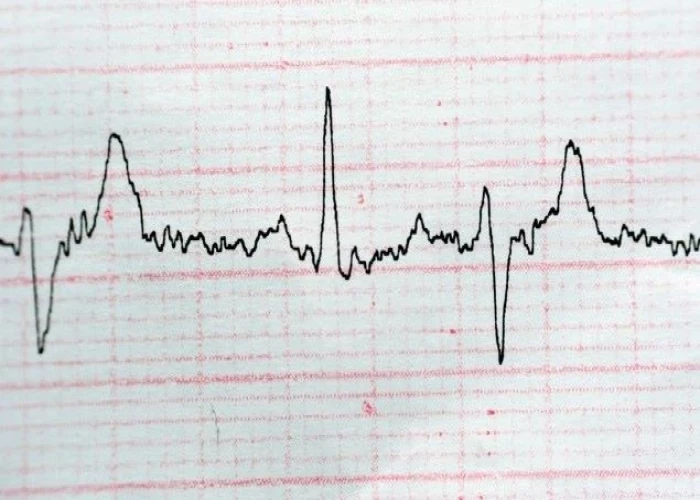
Premature ventricular contractions (PVCs)
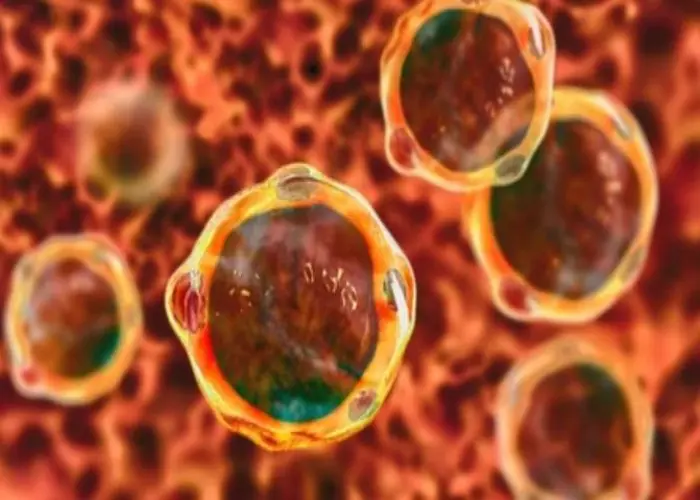
Blastocystis hominis

Spontaneous coronary artery dissection (SCAD)
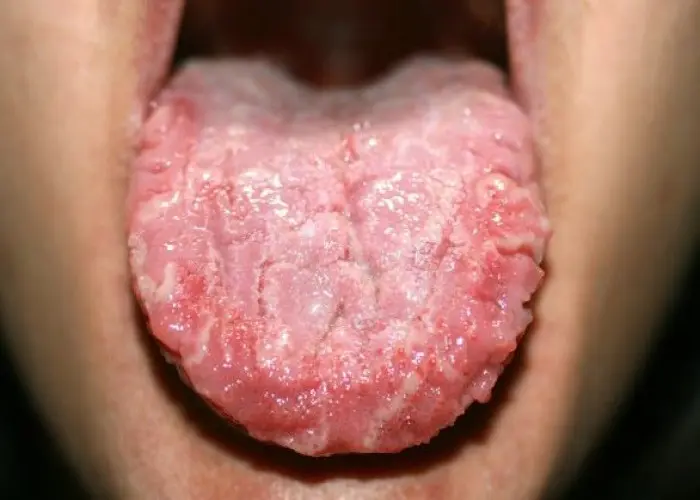
Geographic tongue
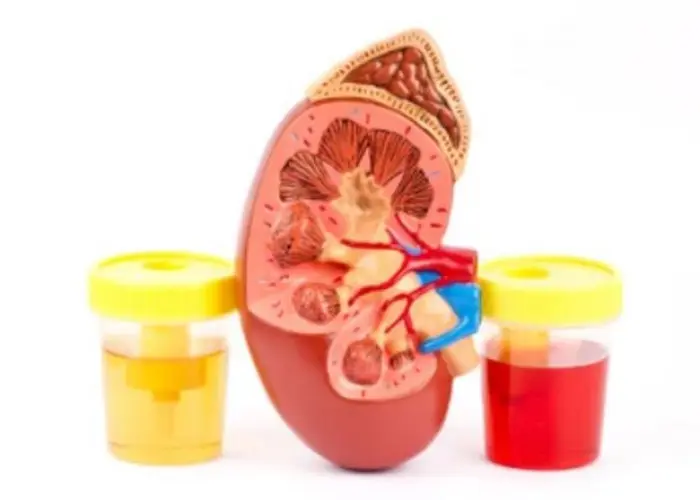
Blood in urine (Hematuria)
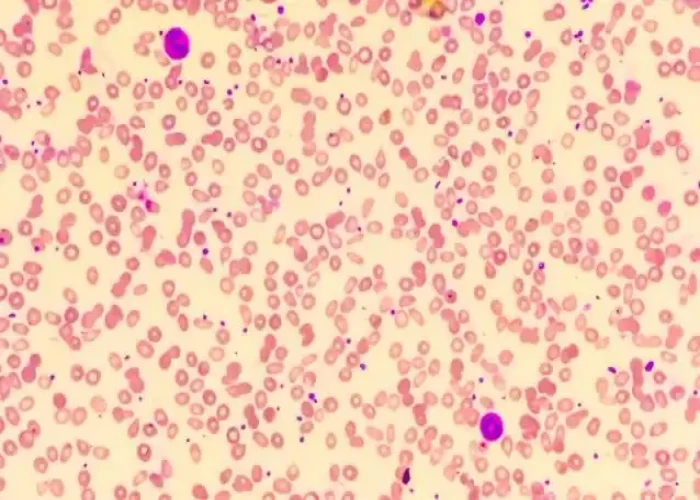
Thrombocytosis
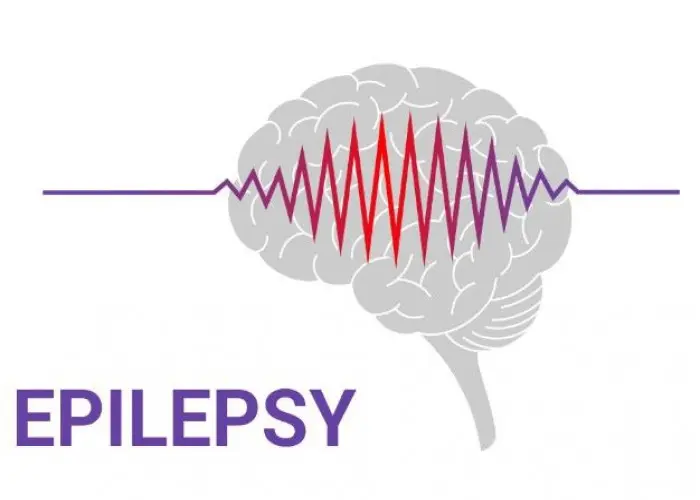
Epilepsy
Atypical depression, Leaden paralysis, Atypical depression test, অ্যাটপিকাল ডিপ্রেশন
To be happy, beautiful, healthy, wealthy, hale and long-lived stay with DM3S.
